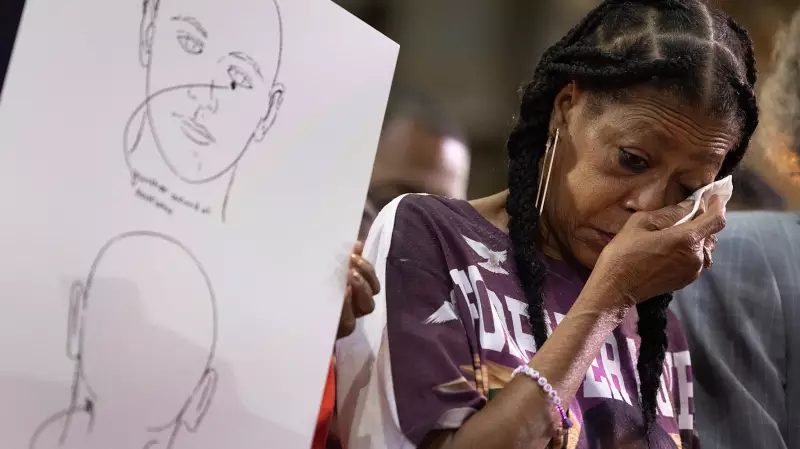
A former Illinois sheriff's deputy has been convicted of second-degree murder in the fatal shooting of Sonya Massey, a pregnant Black woman, during what began as a routine response to a 911 call.
The verdict comes after emotional testimony revealed that Massey, 36, was shot while seeking help through emergency services at her Springfield home. Body camera footage showed the escalating situation that ended with Deputy Sean Grayson firing multiple shots.
Tragic Outcome of Wellness Check
What should have been a standard wellness check turned deadly when Grayson responded to Massey's 911 call. According to court documents, the encounter quickly escalated, resulting in Grayson discharging his weapon multiple times.
Massey, who family members confirmed was expecting a child at the time of her death, had called emergency services seeking assistance. The circumstances that led to the fatal confrontation remain under scrutiny by community advocates.
Community Reaction and Legal Proceedings
The conviction has sparked mixed reactions across Illinois, with civil rights organizations calling it a step toward accountability while emphasizing the need for broader police reform. Community members gathered outside the courthouse during the trial, holding vigil for Massey and calling for justice.
Grayson now faces significant prison time following the second-degree murder conviction. Legal experts note that such convictions against law enforcement officers remain relatively rare, making this case particularly noteworthy.
Broader Implications for Police Reform
This case adds to the national conversation about police use of force, particularly during wellness checks and mental health crises. Advocacy groups have pointed to the shooting as evidence of the need for alternative response models when dealing with non-violent emergency calls.
The Massey family's attorney released a statement acknowledging the conviction as "a measure of justice" while emphasizing that no legal outcome can truly compensate for the loss of a loved one under such circumstances.
As sentencing approaches, community leaders are calling for continued examination of police training protocols and crisis intervention techniques to prevent similar tragedies in the future.





